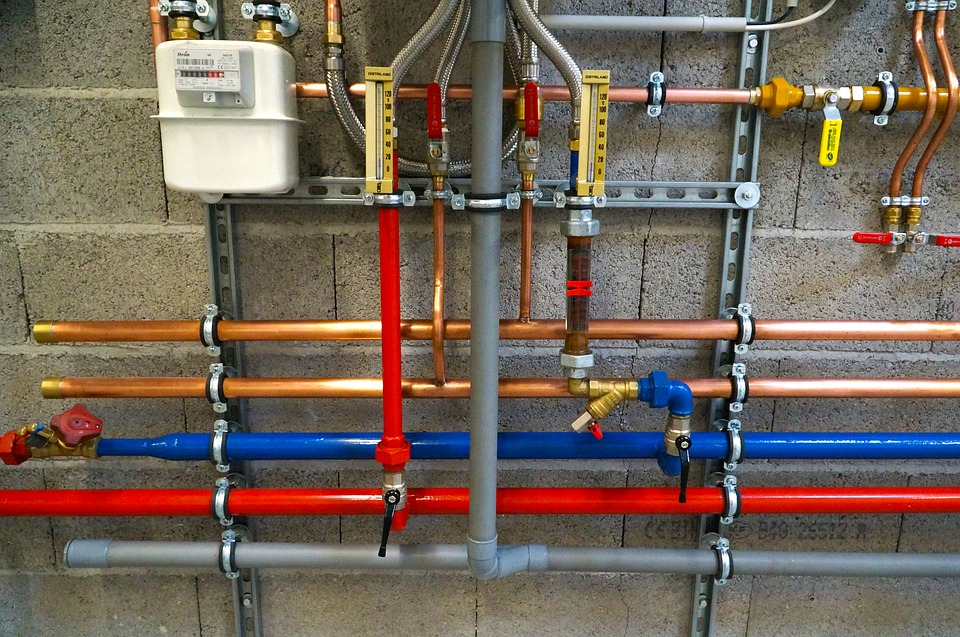
For working as a journeyman or a master plumber at ASAP Drains, it is mandatory to have a Plumber’s license. This requirement is for the verification of the skills and knowledge of the plumbers for performing plumbing activities safely and in a proper manner.
Criteria of MN Plumbing Continuing Education (CE)
The courses are approved by the MN Department of Labor and Industry (MN DOLI) and can be taken online.
- For journeyman and master plumbers
The license period consists of two years during which they have to complete a 16-hours approved CE course. 8 hours course is mandatory in State Plumbing code and 8 hours for Plumbing codes, and State Building Code of Minnesota, the required statutes for plumbing work, and the technological requirements for plumbing equipment and installations.
- Unlicensed plumbers
Each year unlicensed plumbers have to complete minimum of 2-hours of CE credit. The credits have to be earned before the expiry date of registration. The registration renewal fees should also be paid.
If the plumber has accumulated more than 2 hours of credit, it cannot be carried over into the next registration period.
- Journeyman and master plumbers in water conditioning
For plumbers working with water conditioning, 4 hours of CE course must be completed within the license period. Two hours should be devoted to technical requirements for installation and servicing of water conditioning or the rules and regulations related to water conditioning in the state of Minnesota.
- CE for medical gas certificate holders
Gas certificate holders have to take 4 hours of CE course to complete the renewal process. The course should consist of technical know-how about medical gas systems related to their installation, repair, and maintenance, laws and statutes of medical gas systems, and NFPA 99.
The National Fire Protection Association (NFPA) looks into matters related to death, injury, property, and financial losses from fire, electricity, and associated risks and how to prohibit the same.
- Plumbers having multiple licenses
For multiple license holders, there is the provision to complete the CE for all applicable courses. They have to fulfill the criteria required for the maximum number of hours for a specific CE course.
Post completion of the CE courses, the course providers or instructors submit the course completion certificates directly to the state. So, the students do not have to submit the documents again during license renewal. They may have copies of the certificates with them in case they require the same in the future to refer to their CE status.
Exemption from CE:
For Backflow prevention rebuilders and testers, it is not mandatory to complete the CE courses. They may take the plumber CE course if they have an individual plumber license.
They must have a repairer 5130 certification or updated ASSE tester 5110 certificates.
You can find a list of providers or instructors for the CE courses but check their credentials while choosing the courses or providers. They should have the necessary approvals from MN DOLI and a provider ID.
Certain providers have a 16-hour course package that would take care of renewals of all levels of the Plumber’s license. The courses consist of 12 hours of training in codes and 4 hours of training on industry-related topics. The following would give an idea of the topics covered:
- Changes from the 2012 MPC to the 2015 MPC in a 5-hour module
There have been some changes introduced in 2015 through amendments and these are related to plumbing codes. Some provisions of 2012 have been repealed.
- 3-hour course on the model code
- Important Minnesota Amendments to the 2012 UPC consisting of 4 hours
- OSHA Safety Training for Plumbers for 2 hours
- Knowledge about Water Heaters in a 2-hour module
In the course, 12 hours have been devoted to code training and the remaining 4 hours are related to industrial training.
Safety training forms an integral part of the course. The focus of the course is on plumbing activities at job sites with a detailed study of all aspects of water heaters. There is a detailed description of all topics and practical or hands-on information to carry out plumbing activities.
The course provides an overview of the licensing rules and regulations, details of the Uniform Plumbing Code (UPC) of 2012, the changes related to the Minnesota Plumbing Code (MPC) of 2012, and its effects on plumbers. The important changes during 2009-2012 have been included along with explanations on the reasons for change, referring to the IAPMO Technical Committee.
Practical examples have been given from the plumbing industry to help students in understanding the effects of change, the structure of the UPC, and the revision of the UPC process.
The process of enrollment and completion of the courses related to MN plumbing continuing education has become convenient with an option of online classes. You do not have to travel or worry about classes in nearby locations so that your work does not get affected. A device and internet connection are all that you would require to access the classes from anywhere.